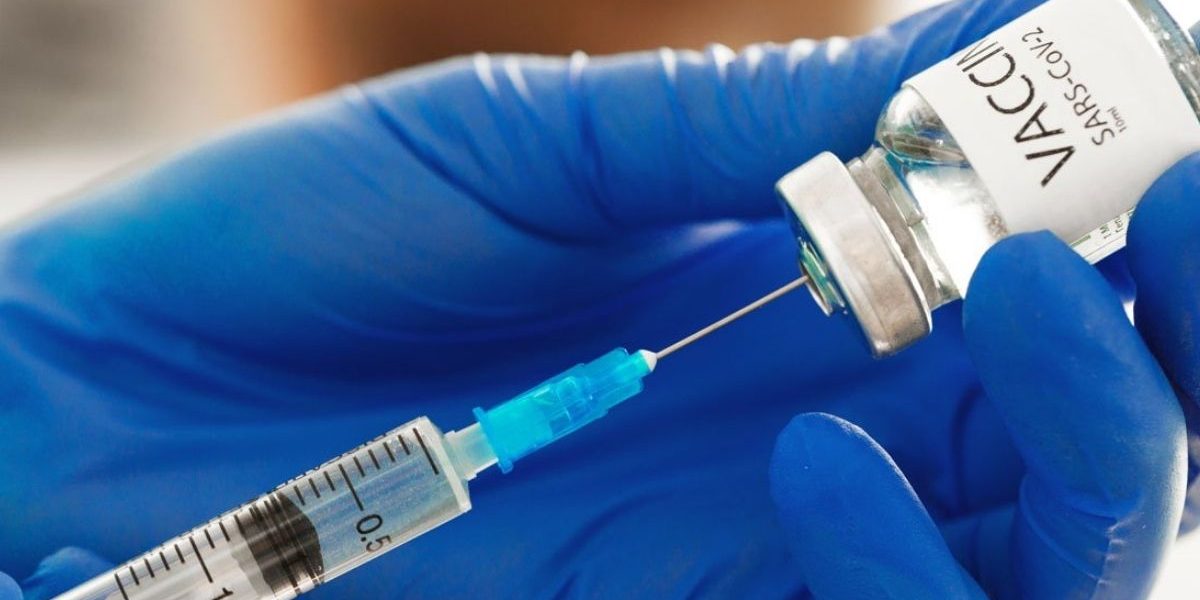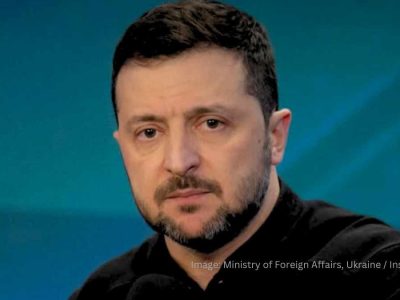France, Italy, Germany suspend AstraZeneca COVID-19 vaccine after WHO urges world not to halt vaccinations

France, Italy, and Germany became the latest major European countries to block Astrazeneca’s Covid-19 vaccines over reports of dangerous blood clots in some recipients.
Though the company and European regulators said there is no evidence that the shot is to blame, French President Emmanuel Macron stated that France was suspending the use of the AstraZeneca Covid-19 vaccine pending the decision on its safety by the European Medicines Agency (EMA).
“The decision has been made… to suspend the use of the AstraZeneca vaccine as a precaution, hoping that we can resume it quickly if the judgment of the EMA allows it,” Macron said at a press conference, adding that an announcement by the EMA was expected on Tuesday afternoon.
In addition, Italy, too, has suspended the use of the AstraZeneca COVID-19 vaccine, making it the latest European country to put the product on hold following reports of recipients falling ill.
The Italian medicines authority, AIFA, said it was taking the decision as a “precautionary and temporary measure” pending rulings by the European Medicines Agency.
The announcements came shortly after Germany took the same step citing the recommendation of the Paul Ehrlich Institute, which oversees vaccine safety, according to a statement from the health ministry on Monday.
Earlier that day, The World Health Organization has appealed to countries not to pause vaccination campaigns after more nations in Europe and Asia suspended the use of AstraZeneca’s COVID-19 vaccine over safety fears.
Thailand, the first country outside of Europe to delay rolling out the vaccine, announced on Monday plans to roll out the vaccine. Indonesia, however, said it would delay administering the shot due to the reports of blood clots among some recipients in Europe and would await a review from the WHO.
Ireland and Netherlands have announced the suspension of the vaccine after reporting isolated cases of adverse side effects.
Denmark and Norway have reported bleeding, blood clots, and a low platelet count after the AstraZeneca vaccine. Iceland and Bulgaria had earlier suspended their use while Austria and Italy have stopped using particular batches.
The WHO said that more than 300 million doses of the vaccine have been administered around the world and there was no indication the events were caused by the vaccination, the number of blood clots being no higher than seen in the general population, a view also expressed by the European Medicines Agency (EMA).
“As of today, there is no evidence that the incidents are caused by the vaccine and it is important that vaccination campaigns continue so that we can save lives and stem severe disease from the virus,” WHO spokesman Christian Lindmeier said.
The WHO said that its advisory panel was reviewing reports related to the shot. However, it was unlikely to change its recommendations for widespread use including countries where the South African variant would reduce its efficacy.
AstraZeneca’s shot was among the first and cheapest to be developed and launched at volume since the coronavirus was first identified in central China at the end of 2019 and is set to be the mainstay of vaccination programs in much of the developing world.
AstraZeneca Plc. said earlier it had conducted a review covering more than 17 million people vaccinated in the European Union and the UK which had shown no evidence of an increased risk of blood clots.
In Germany, the question marks over the vaccine caused a political row, with the leader of the Bavarian Christian Social Union (CSU), Markus Soeder, saying the country needed clear guidance from its own experts.
Investigations into potential side-effects are complicated as the history of each case and circumstances surrounding death or illness are examined. The Austrian authorities have said their review of the AstraZeneca batch will take about two weeks.
The suspension of the use of the AstraZeneca vaccine over the handful of reported side-effects in Europe has upset vaccination programs already under pressure over slow rollouts and vaccine skepticism in some countries.



